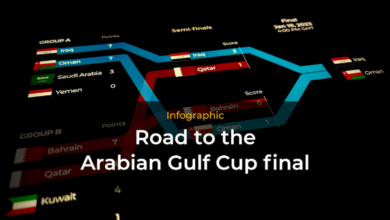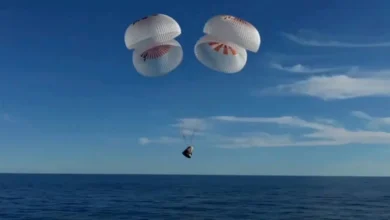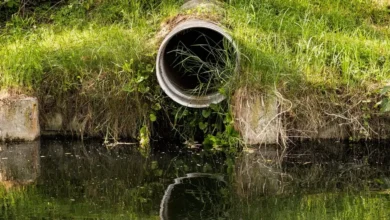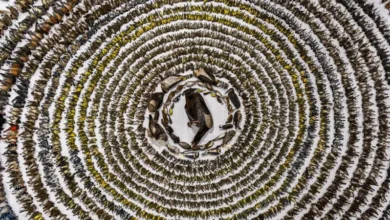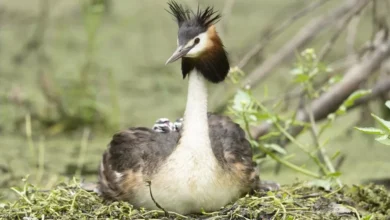Russian scientists study effect of isolation on immune system

Russian scientists are embarking on an ambitious experiment to study the impact of isolation on the human immune system. The experiment, named “Cirrus 23,” will involve a group of participants who will be isolated from the outside world for an entire year.
The aim is to closely monitor how the immune system of individuals, cut off from normal societal interactions, is affected. Sergei Ponomaryov, the Director of the Immune System Physiology Laboratory at the Russian Institute of Biomedical Problems, shed light on the experiment’s purpose.
In an interview with the Russian Novosti News Agency, he explained that the extended isolation period aims to simulate the conditions faced by astronauts during long-term space missions. The goal is to understand how immunity responds to prolonged isolation.

Ponomaryov expressed expectations that the extended period of isolation would potentially lead to a decline in health indicators. However, it is unclear whether this decline will reach a certain level and stabilize. To address these uncertainties, the experiment is rigorously monitoring and documenting any changes that occur.
The Cirrus experiments have previously explored the effects of isolation on the immune system. In shorter experiments lasting four months, no notable changes to the immunity system were observed. However, in an eight-month experiment, clear impacts on immunity were evident.

However, director Ponomaryov highlighted that having only six participants in each stage of the experiment is insufficient to gather statistically significant data. Therefore, certain studies are being repeated in every experiment to ensure accurate comparisons of the obtained data.
The study is of great importance, as it can potentially reveal valuable insights into how isolation affects the human immune system. This knowledge can be applied not only to future space exploration but also to circumstances where individuals may experience prolonged periods of isolation, such as long-duration missions or even situations on Earth that require quarantine measures.
The results may pave the way for the development of strategies to maintain and protect the immune system during extended periods of isolation, benefiting people in all types of high-stress environments.
